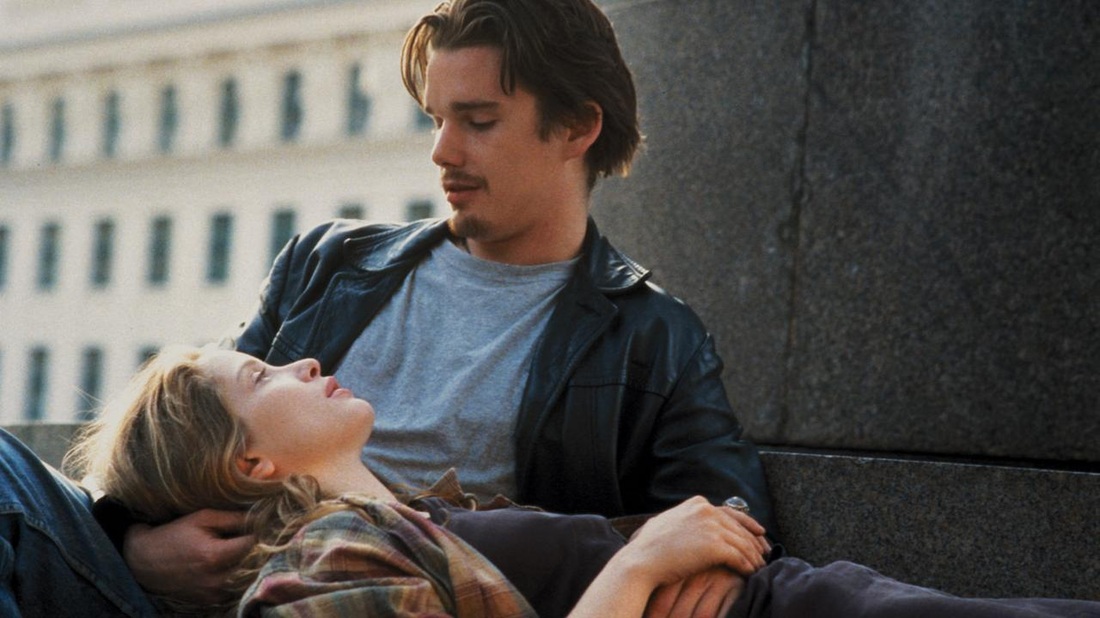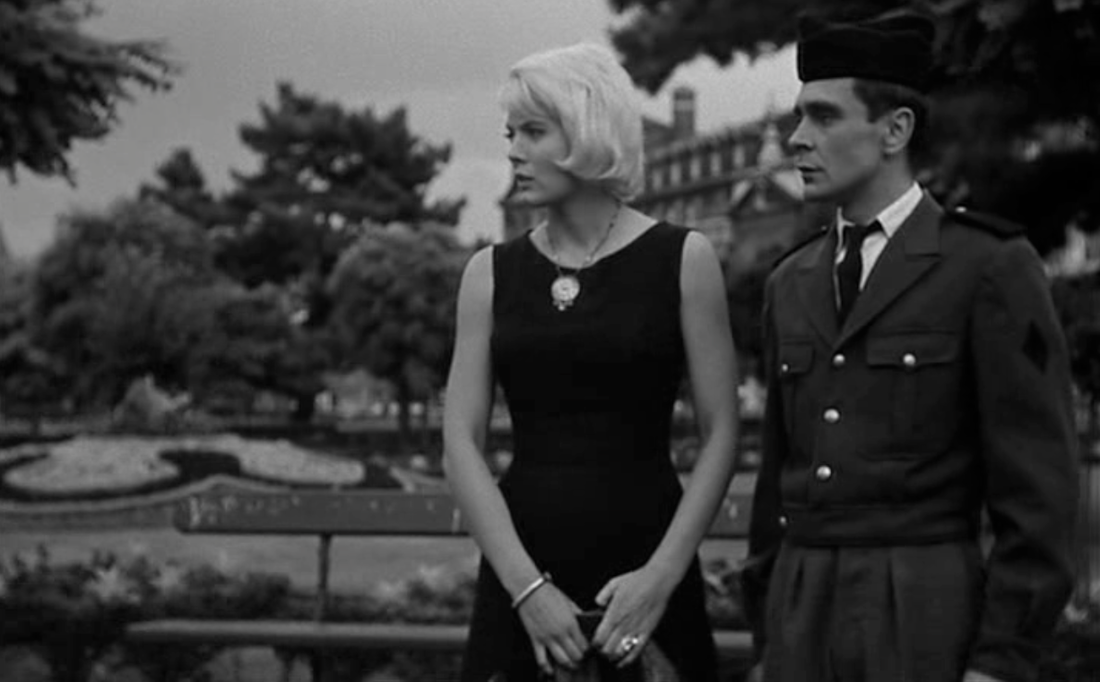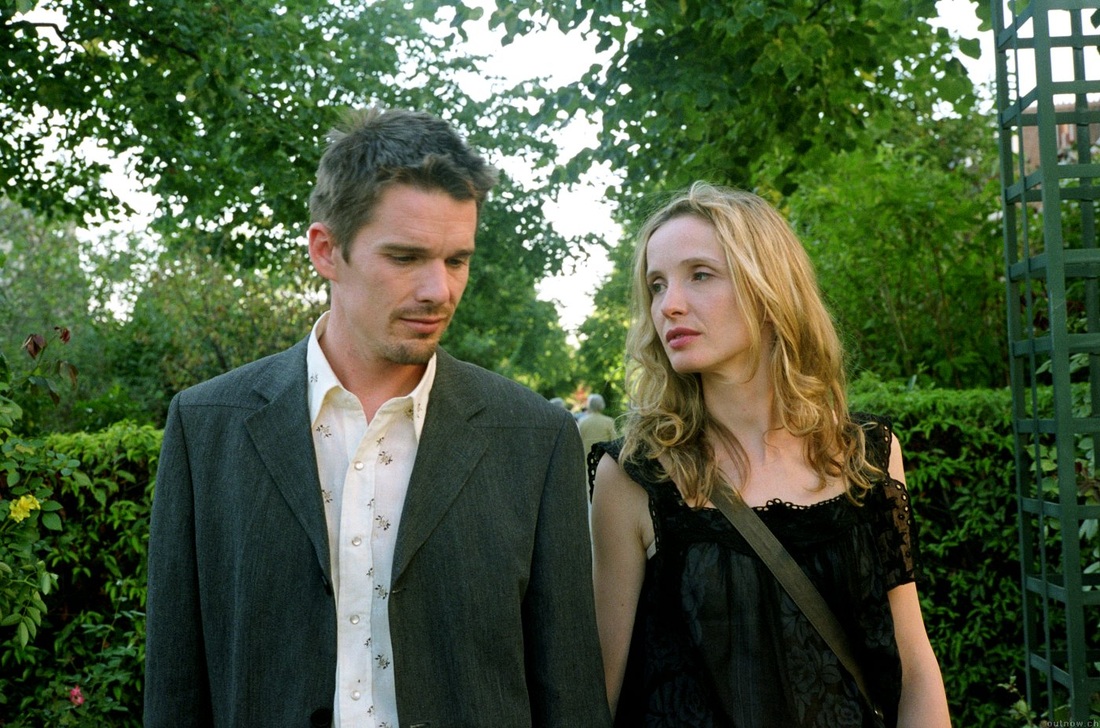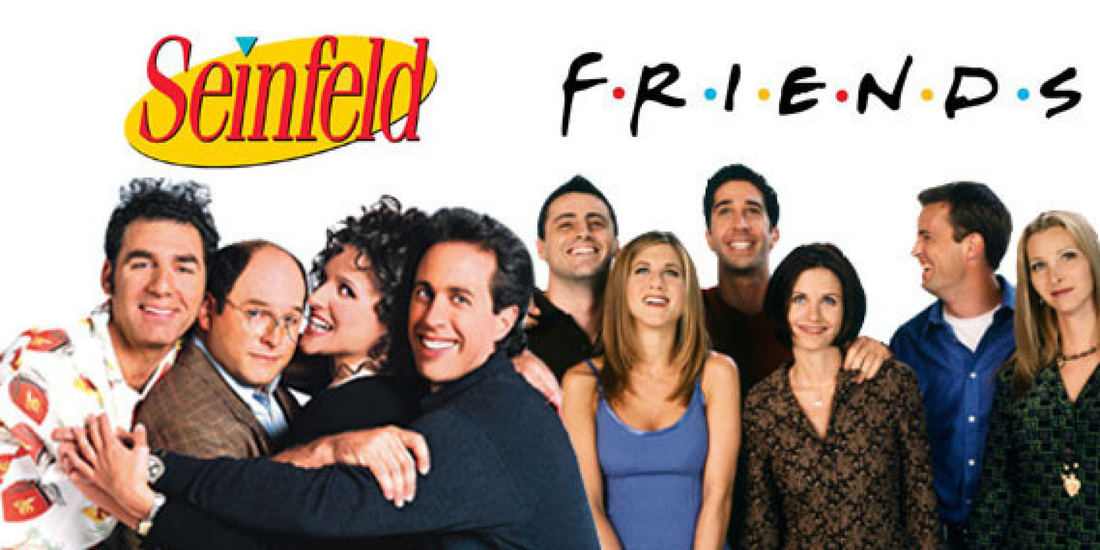In fact, there have been only a handful of movies in film history that are completely shot in real time. One of these is the French film Cléo from 5 to 7 (Varda, 1962), which gives a look into two hours in the life of a young singer as she awaits the results of a medical test that will reveal if she has cancer. The French New Wave, which arose in the late ‘50s and early ‘60s, utilized real time at least to some extent in several of its films.
|
Written by Anthony Watkins Think about the last film you watched. What was the plot time of the film or how many days, months, or years did the film cover? Chances are it covered at least several days or weeks. Now think of a film you have watched that covers exactly the amount of time as the duration of the film. It is perfectly normal if you are having difficulty, as this aesthetic, known as “real time” is a highly unconventional technique used in films. In fact, there have been only a handful of movies in film history that are completely shot in real time. One of these is the French film Cléo from 5 to 7 (Varda, 1962), which gives a look into two hours in the life of a young singer as she awaits the results of a medical test that will reveal if she has cancer. The French New Wave, which arose in the late ‘50s and early ‘60s, utilized real time at least to some extent in several of its films. Agnes Varda's French New Wave film, Cléo from 5 to 7, strictly adheres to real time for its narrative. Richard Linklater, of whom I wrote about last week as an advocate for Independent films, utilized real time in his “Before” trilogy. All three films in the trilogy, Before Sunrise (1995), Before Sunset (2004), and Before Midnight (2013) employ real time to great extents, and Before Sunset is shot in complete real time. Overall, Linklater’s trilogy pays homage to the French New Wave by using other characteristics of the movement, such as long tracking shots and extensive dialogues. More similarities and insight into his trilogy can be found in a video essay published on Cinemablography: https://vimeo.com/94668639. Director Richard Linklater uses many long tracking shots of the two main characters Jesse (Ethan Hawke) and Celine (Julie Delpy), homaging the technique used in the French New Wave. Some other films that have used real time include Rope (Hitchcock, 1948), Timecode (Figgis, 2000), and Phone Booth (Schumacher, 2002). Over the years, even some TV shows have implemented real time in certain episodes, such the hit comedies Friends (David Crane, 1994-2004) with “The One Where No One’s Ready” and Seinfeld (George Shapiro, 1989-1998) with “The Chinese Restaurant.” The TV series 24 as a whole relied on real time as each episode in a season represented an hour in the life of the main character, Counter Terrorist Unit agent Jack Bauer. The two hit '90s comedies Seinfeld and Friends both implemented real time in an episode. So what is special about real time and what effect (if any) does it have on audiences? Since there is no jump in time, real time helps to immerse audiences into experiencing the film as if they were walking alongside the characters themselves. The aesthetic is analogous to sitting in an auditorium watching a play. Time in the real world and the diegetic (film) world line up perfectly and thus create a distinct view and feeling for viewers that cannot be compared with film’s conventional approach to time. Things seem to slow down (sometimes to a fault) as viewers are placed with the characters. Although real time can seem to “drag on” for some viewers, I nevertheless believe it to be a refreshing aesthetic from the conventional management of time and enjoy experiencing it whenever I have the opportunity.
Comments are closed.
|
Archives
April 2024
|






 RSS Feed
RSS Feed
